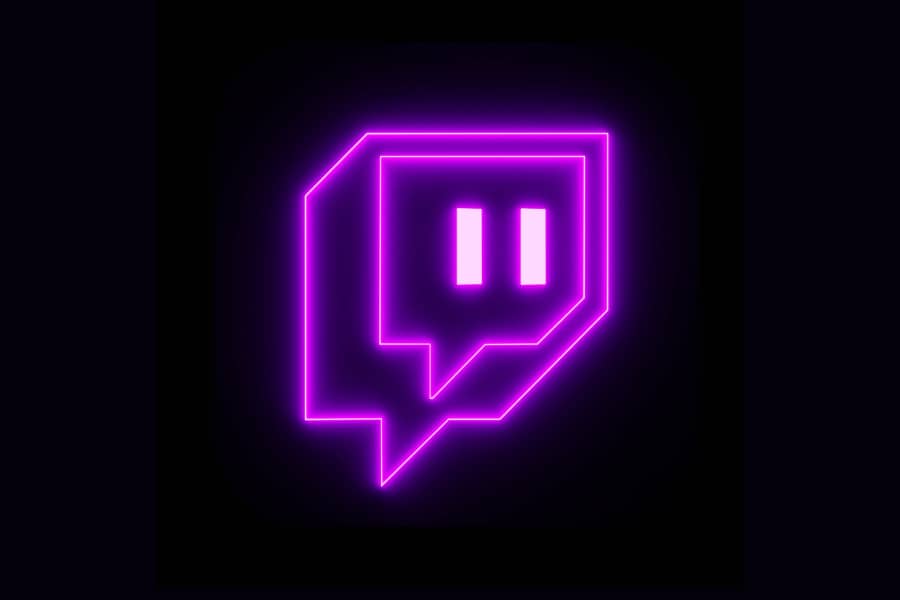Twitch: “Accountability Or Responsibility”

Words have a lot of power. It’s something that writers, journalists, and orators have known since the dawn of civilization, but as we’ve seen the rise of widely shared social media content in recent years, it’s been evident to everyone. With the development of online manuals, Let’s Plays, and other prerecorded video content, as well as live streaming, the world of gaming has seen its horizons enormously extended. Many of us, including myself, have been introduced to prominent individuals and remarkable information that we would not have heard about otherwise.
Modes
Many people’s careers have been launched as a result of streaming, which has turned the oft-mocked solitary hobby of gaming into something that can be done in front of tens of thousands of people on Twitch. But it isn’t all happiness and smiles: The site has a shady, malicious vibe to it. Streamers are taking drastic and disproportionately large measures in response to Twitch’s recent string of hate raids, compared to Twitch’s meager efforts to fight back. They shouldn’t have to, which is the issue.
Many people’s careers have been launched as a result of streaming, which has turned the oft-mocked lonely hobby of gaming into something that can be done in front of tens of thousands of people on Twitch. But it isn’t all happiness and smiles: The site has a shady, nasty vibe to it. Following Twitch’s recent run of hate raids, streamers are retaliating with severe and excessively huge actions, compared to Twitch’s minimal efforts. They shouldn’t have to, which is the issue.
While Twitch has a plethora of friendly streamers, many of us have discovered something far less entertaining on the platform: sheer hatred. Twitch, like any other community, has its share of nasty apples. Streamers, notably persons of color and LGBTQ+ content creators, have been subjected to “hate raids” in recent months. Hundreds of new followers with racist, inflammatory nicknames may suddenly appear during a live, as well as thousands of chat messages with harsh, targeted words and sexual photographs.Personal information, such as a streamer’s true name, home address, or IP address, has been divulged in chat. Even if moderators manage to keep the flow under control, raiders frequently strike again, sometimes even in the same stream.
Twitch has kept largely silent throughout. It made the necessary statements condemning hatred, but otherwise remained silent about the situation, ostensibly to prevent hate raiders from discovering and working around their preparations. Many streamers, especially smaller ones, felt that this was insufficient. According to Kotaku, they coordinated A Day Off Twitch, a 24-hour boycott of the site that resulted in a 20% decline in viewing across the platform. Twitch revealed that it was suing two individuals it believed were the ringleaders behind hate raids after additional quiet.
Drawing The Line
Observing the lengths to which streamers and their moderators go to protect themselves raises a serious concern. Should users – and third-party providers — be required to put in as much effort to maintain their safety, or should Twitch be doing more to catch and prevent hate raids?
Even if Twitch took more drastic measures, would this be enough to prevent hate raids?
The streaming giant’s lawsuit against alleged raid leaders is large and flashy, and it’s a good example of parent firm Amazon’s huge cash reserves. It also makes those who the site believes are responsible a public spectacle. But, in the end, what will suits achieve? Will the two individuals’ raid groups be disbanded if they are found guilty in a court of law? Or will other raiders simply retaliate in a different and more confident manner?
Even if Twitch took more drastic measures, would this be enough to prevent hate raids? Despite the fact that the raids are primarily conducted on Twitch, the Washington Post research found that they are frequently coordinated on other sites and platforms, such as Discord. Users’ anonymity on social media platforms can also make tracking them difficult, especially if they utilize a VPN and a multitude of identities and email addresses.
In the midst of the crisis, some of the platform’s most popular streamers, such as DrLupo and TimTheTatman, are migrating to competitor streaming services like YouTube Gaming. While the actions aren’t directly related to the hate raids, they do reflect a general lack of trust and happiness with Twitch. If the site continues along this route, it will only accelerate its descent into a public relations disaster and eventual irrelevance.
Taking Responsibility
The platform said in August that it was working to “address these issues,” but it appears that many of these efforts are simply attempts to save itself from a barrage of negative press. Twitch already has a negative reputation because of the steady exodus of big-name streamers to other platforms in search of more favorable and lucrative contracts, but an apparent reluctance to return much-requested power to streamers is making the company look even worse.
Meanwhile, streamers must rely heavily on their moderators and programs like Safe Mode in order to avoid being targeted by a hate raid. The burden of preventing such attacks is disproportionately placed on the shoulders of minority streamers, who are already up against it when it comes to generating content and sharing their true selves with the public. Streamers should always be responsible for the content of their own streams and films, but the firm that profits from them should do more to prevent such heinous crimes.
A major shift in Twitch’s purpose and principles may be the only way to keep these streamers and their comments safe for the foreseeable future.